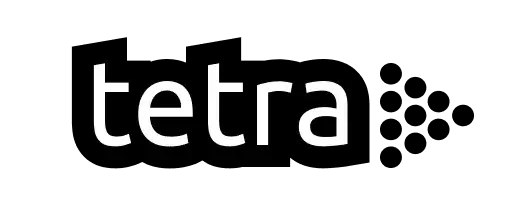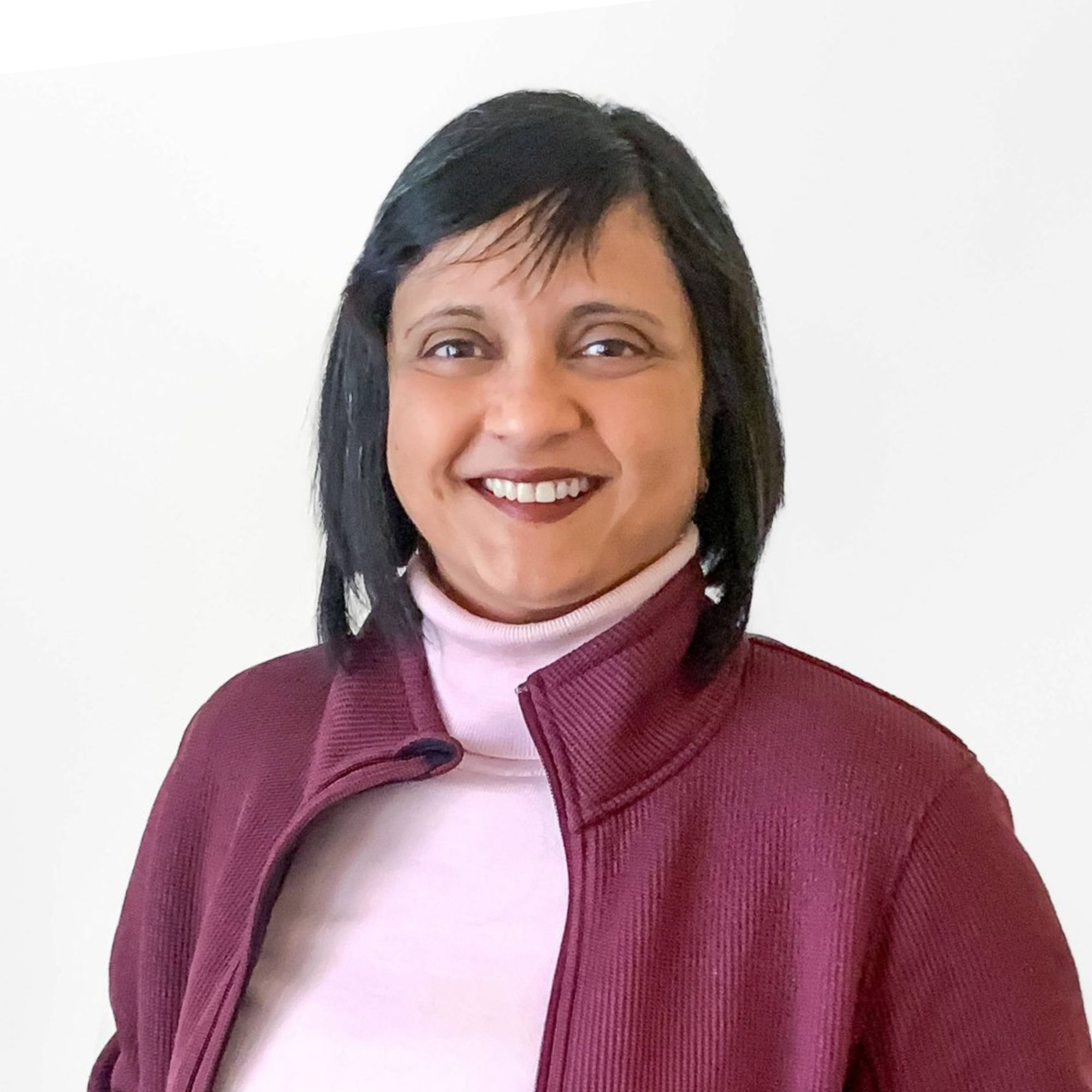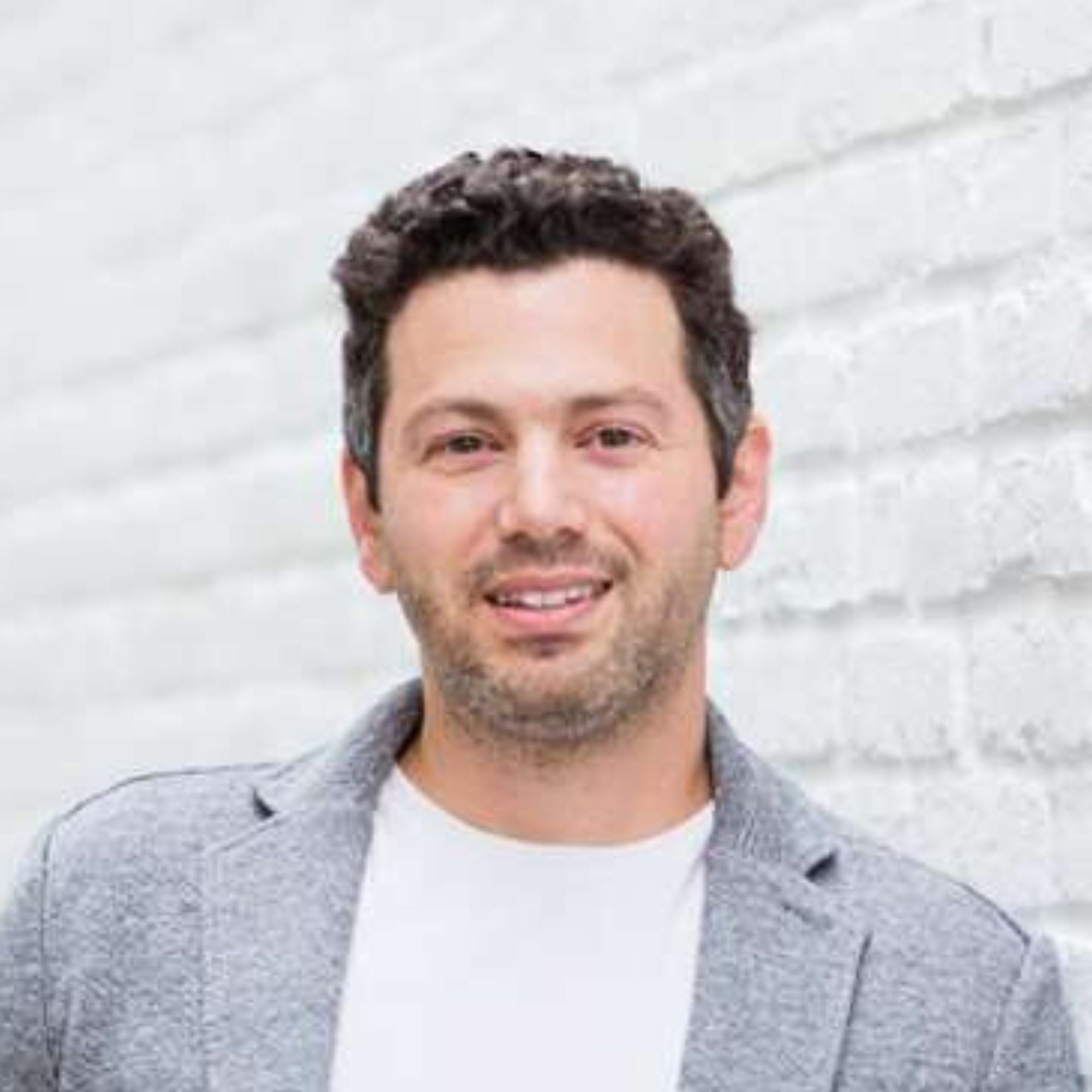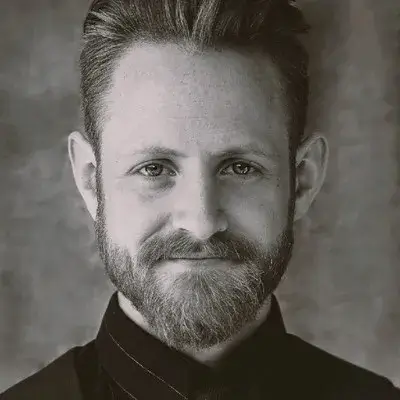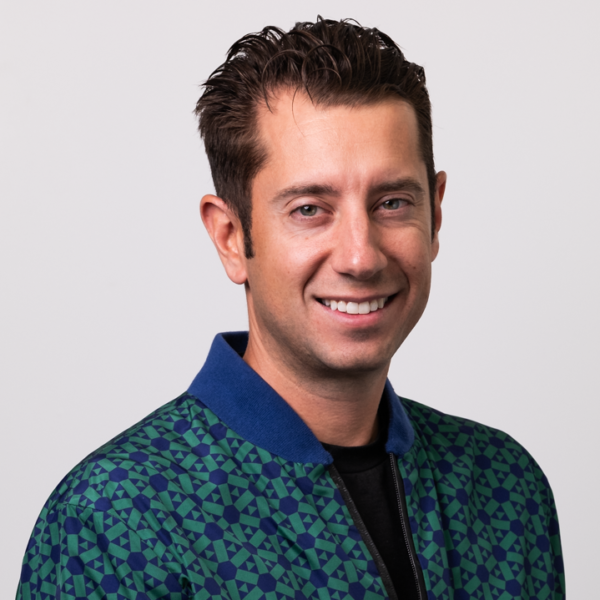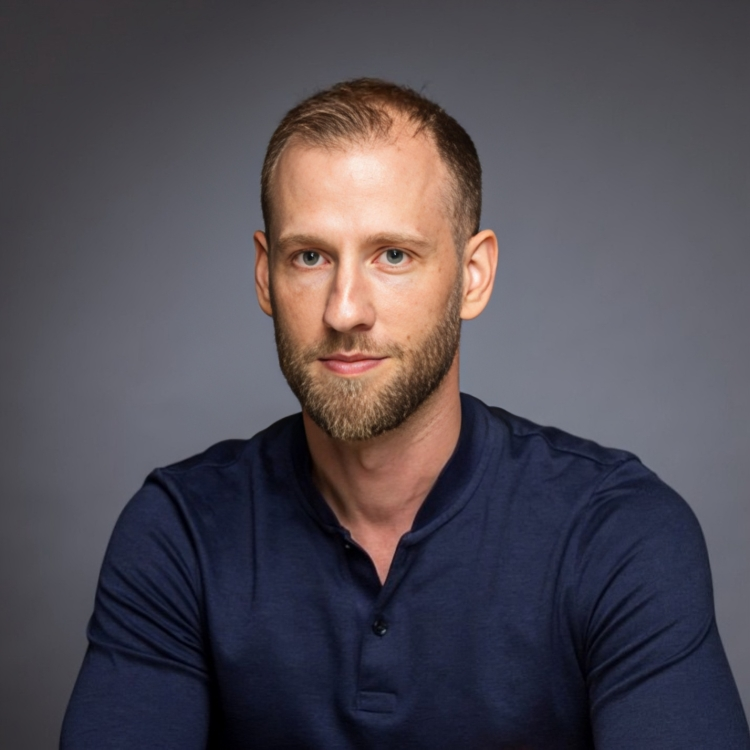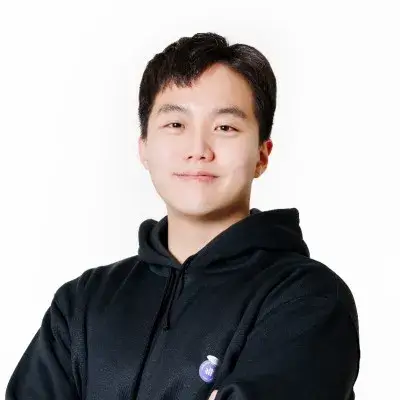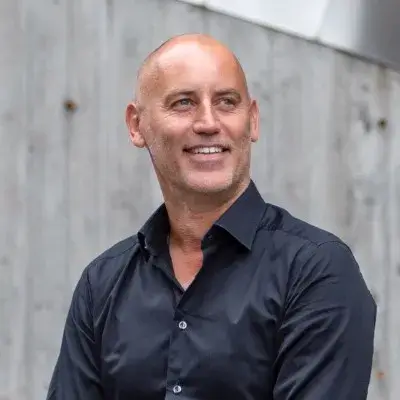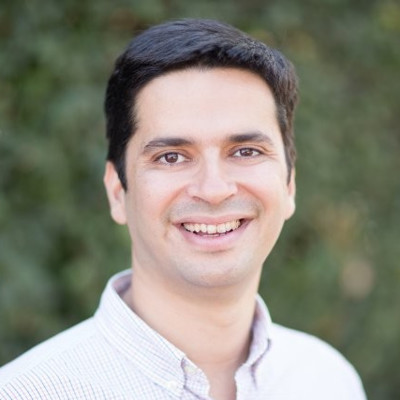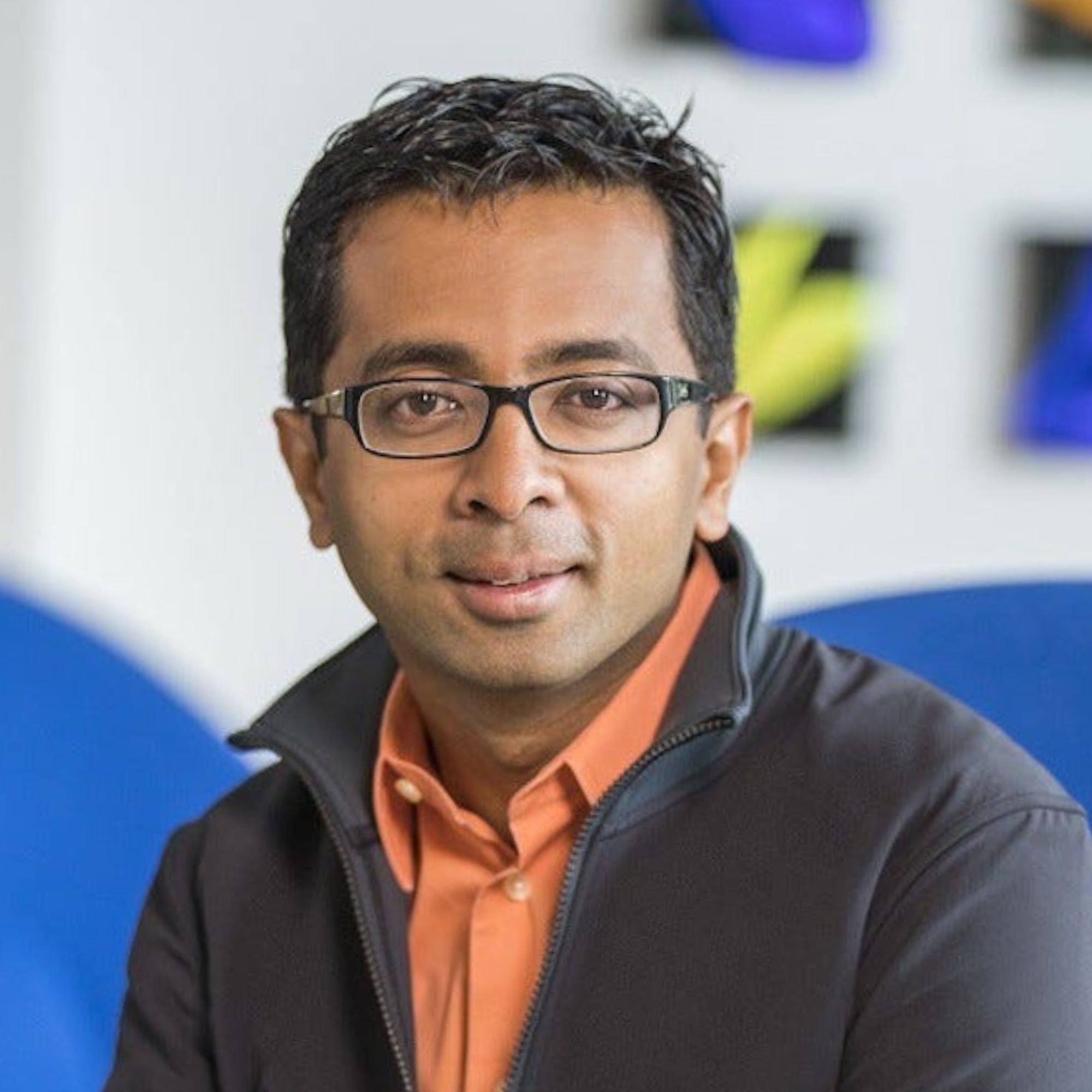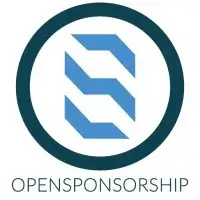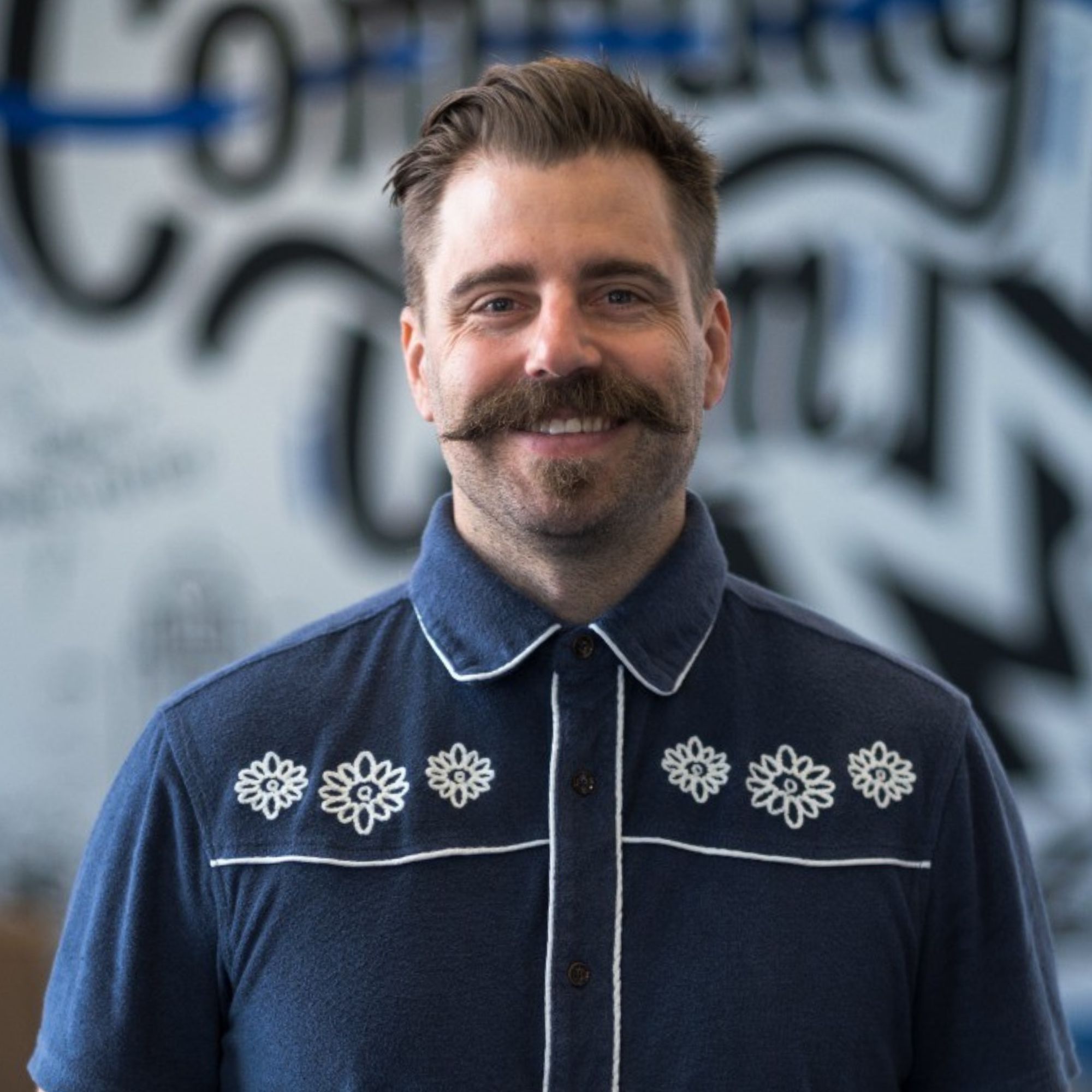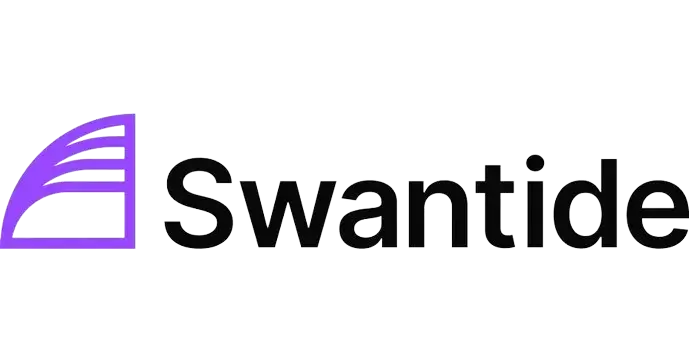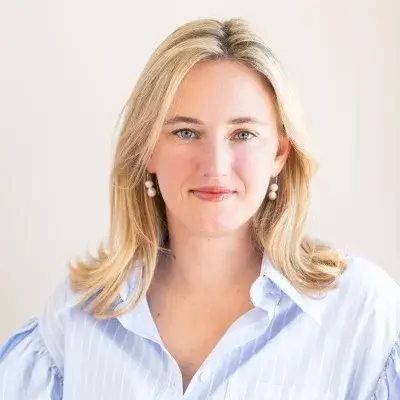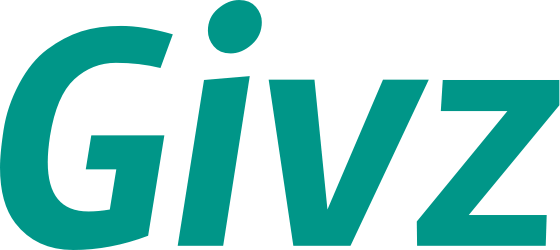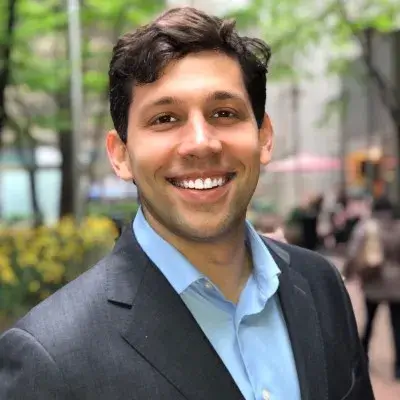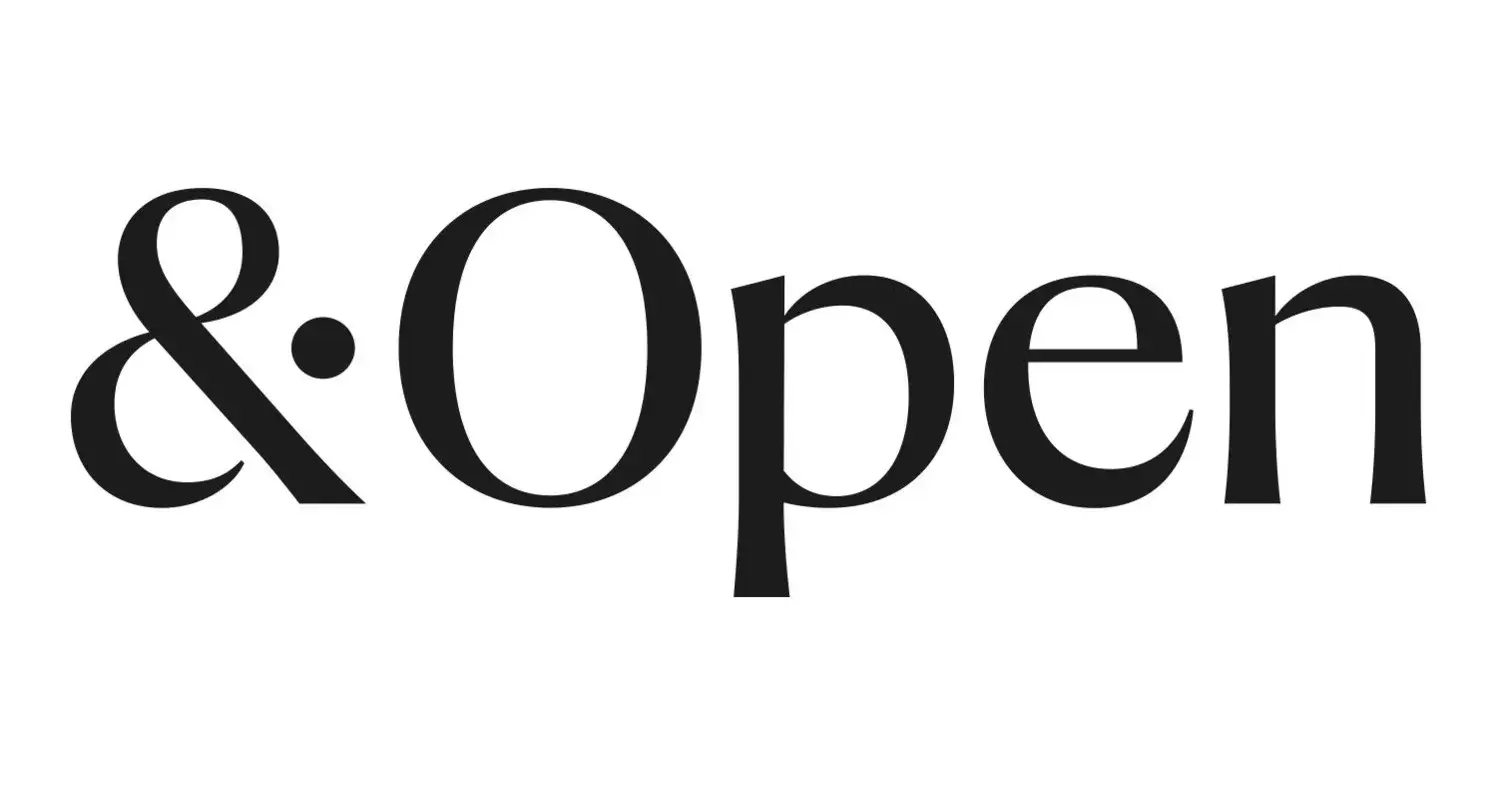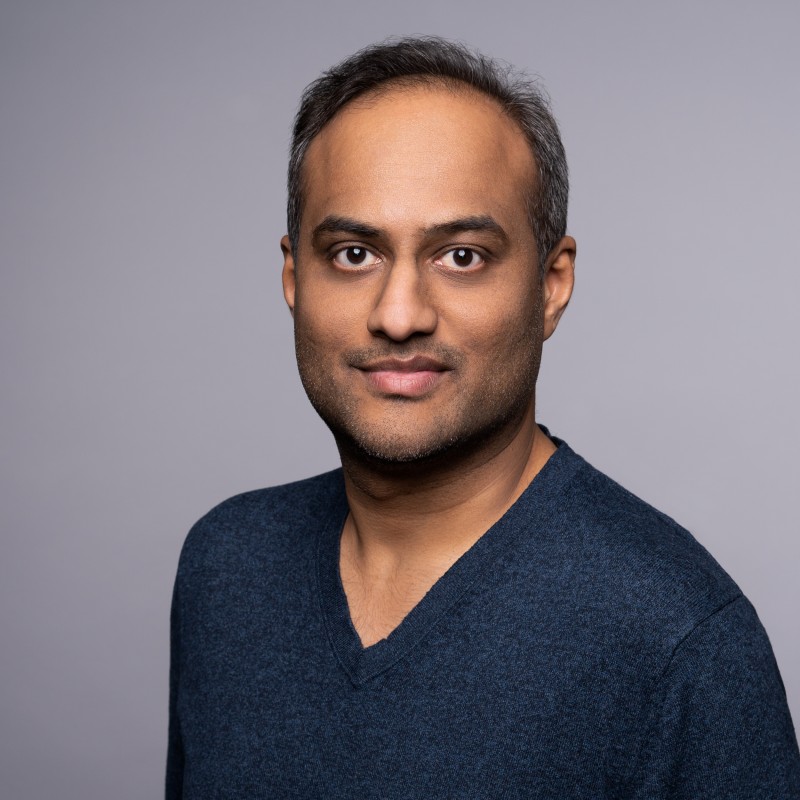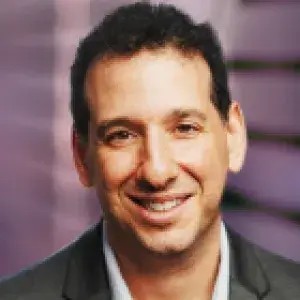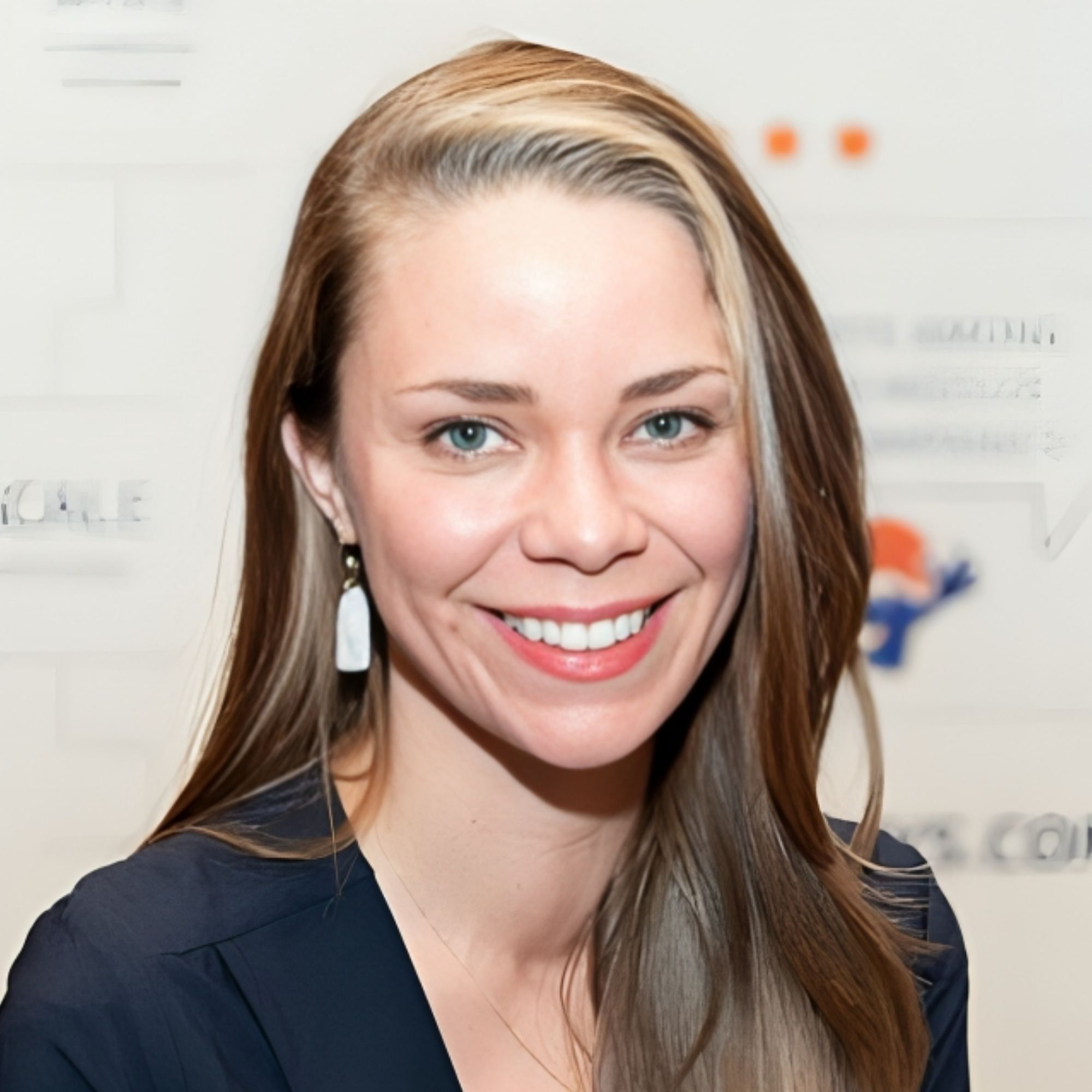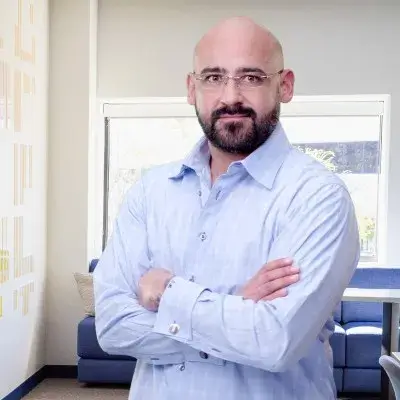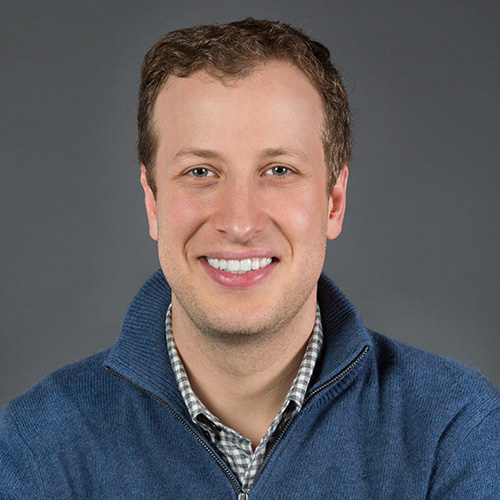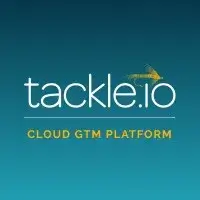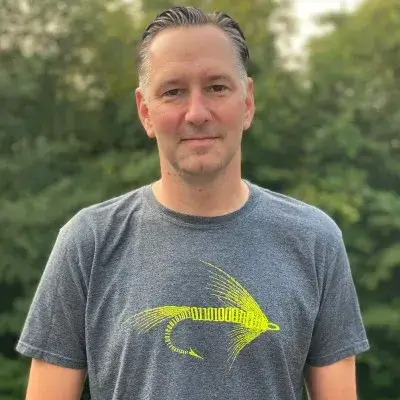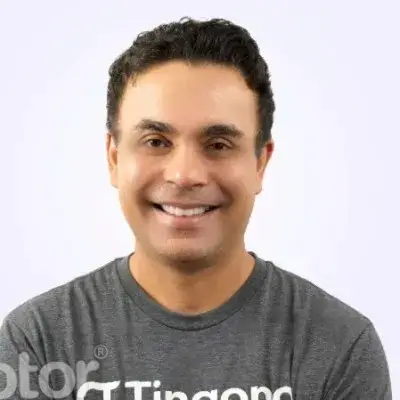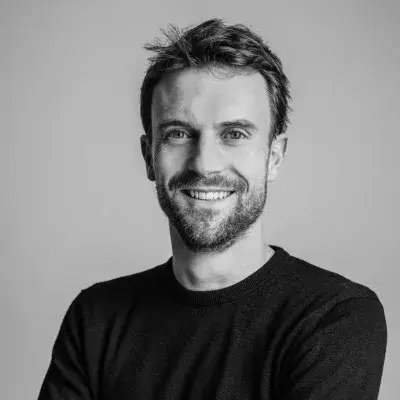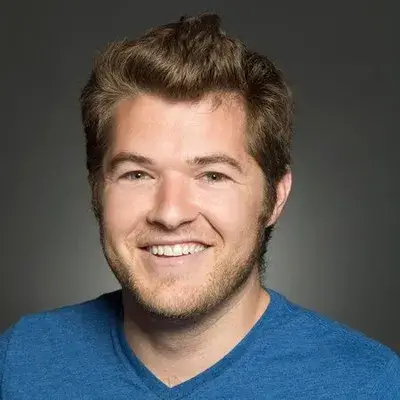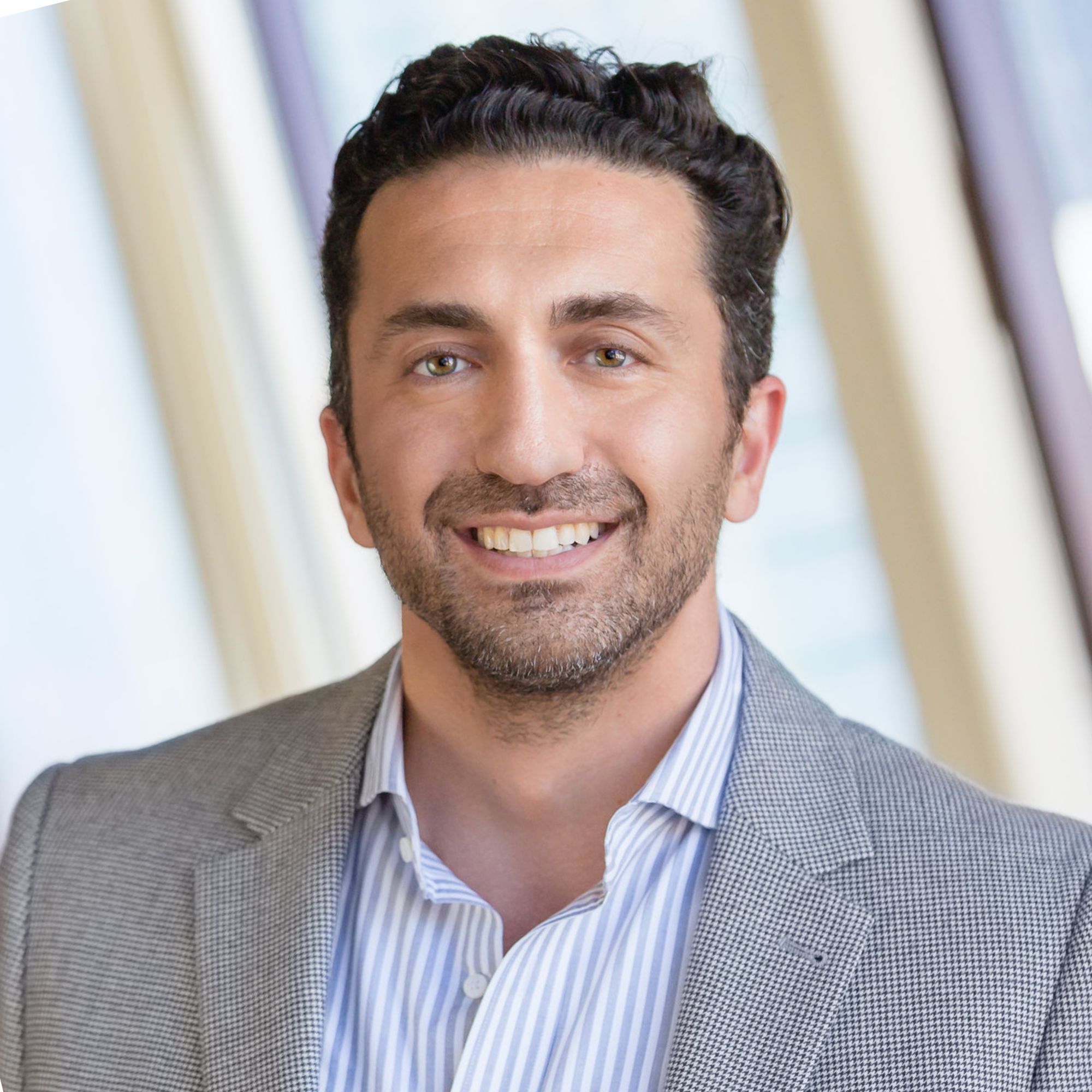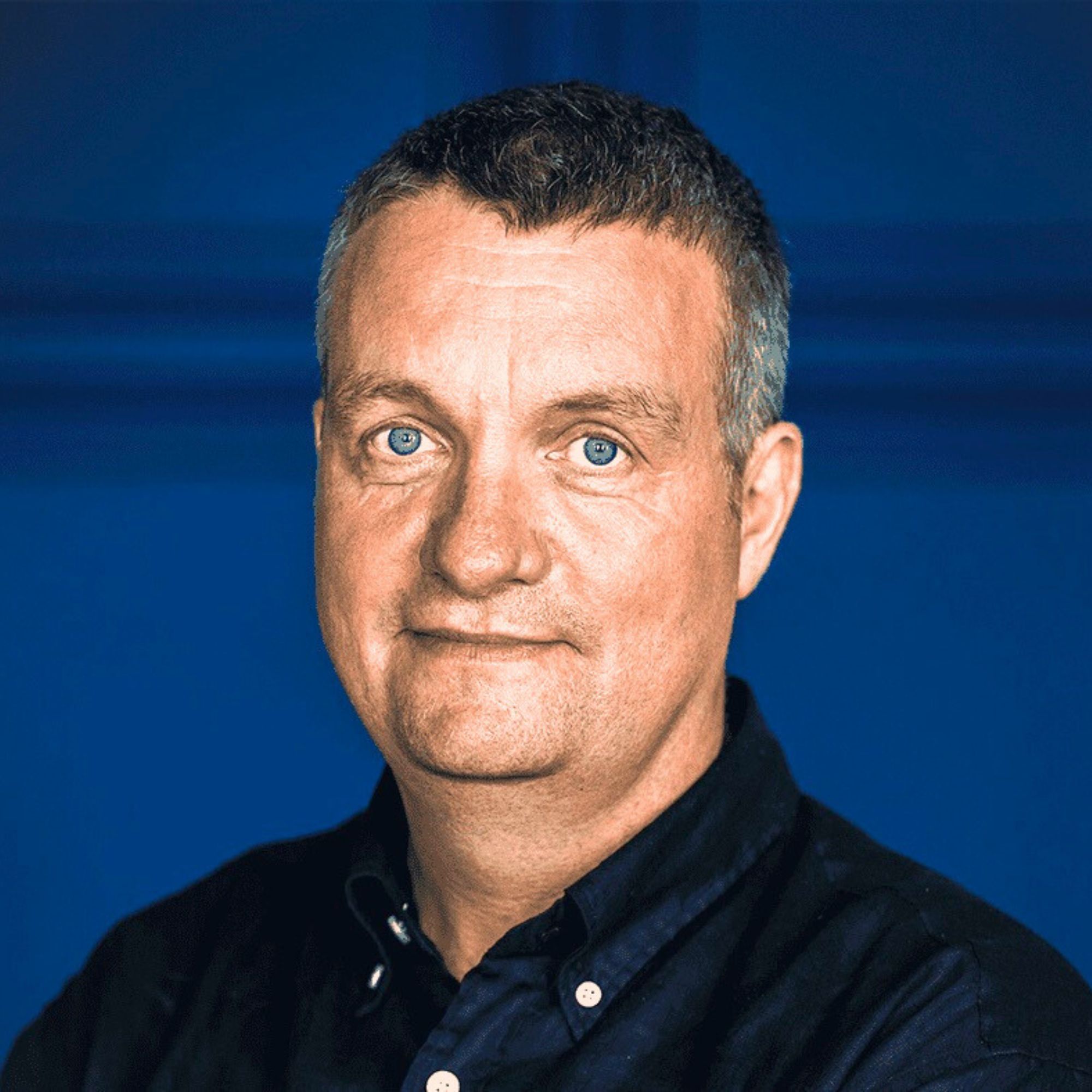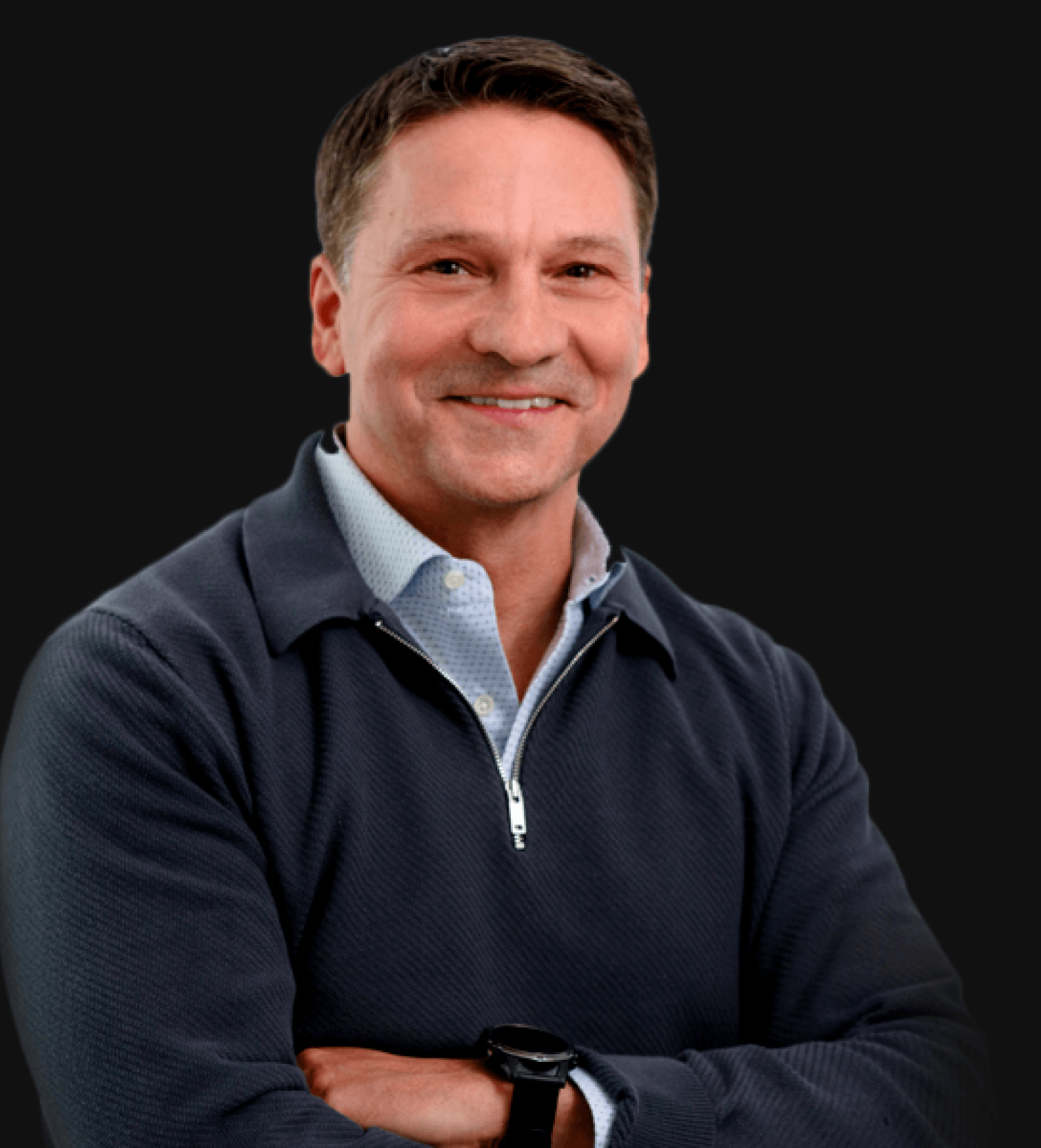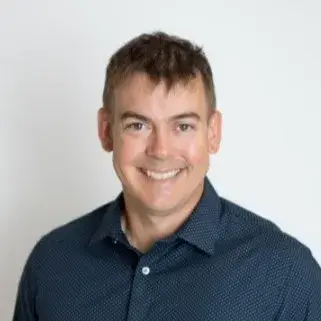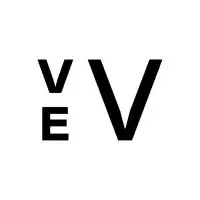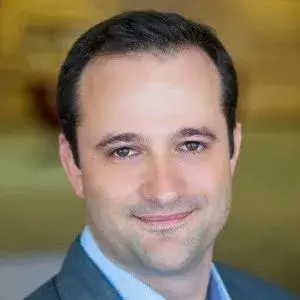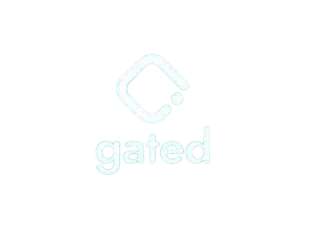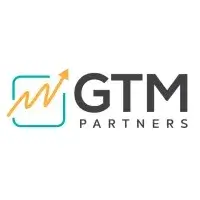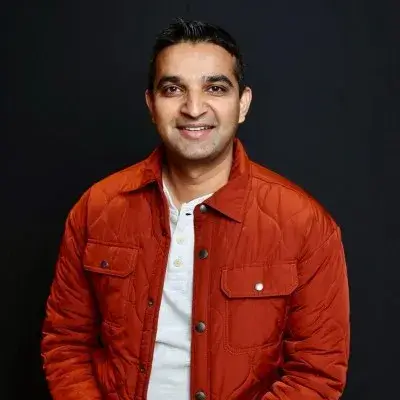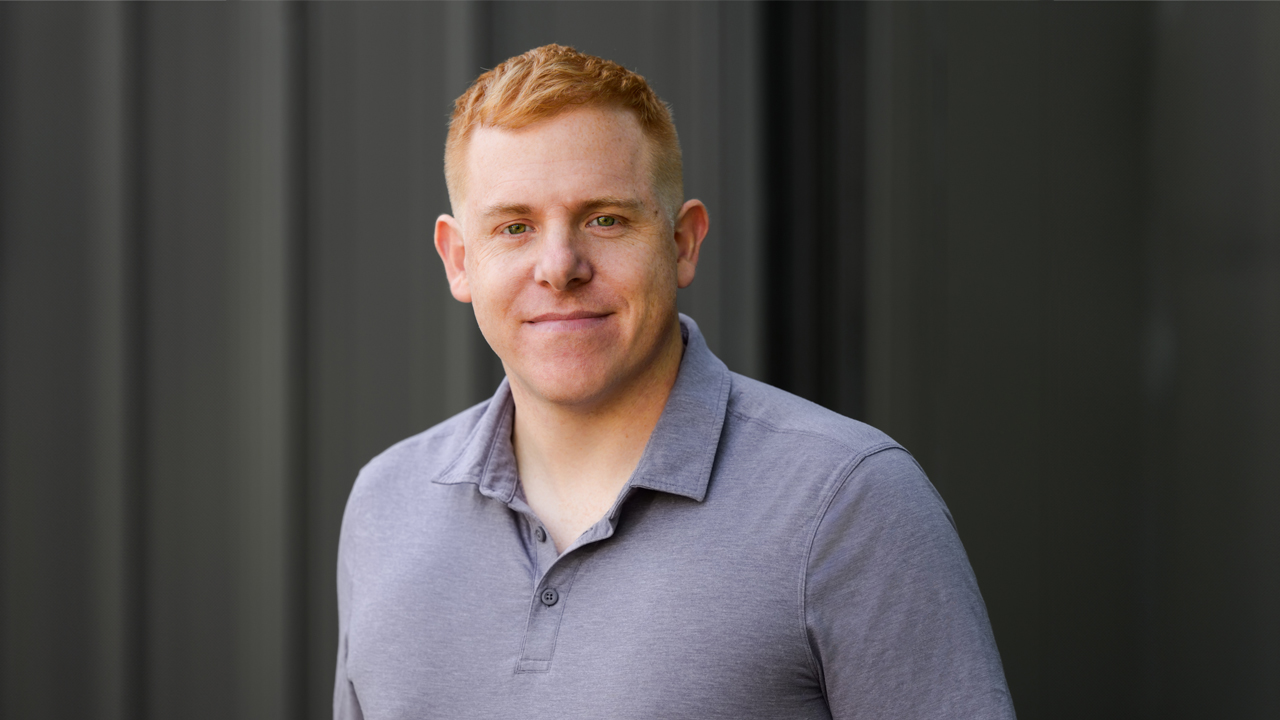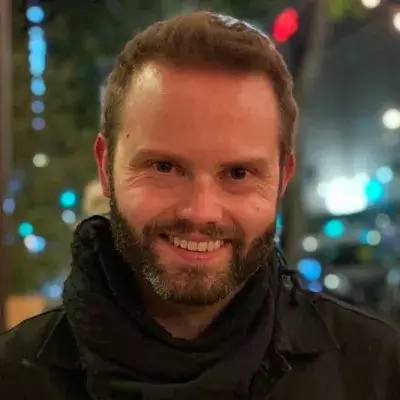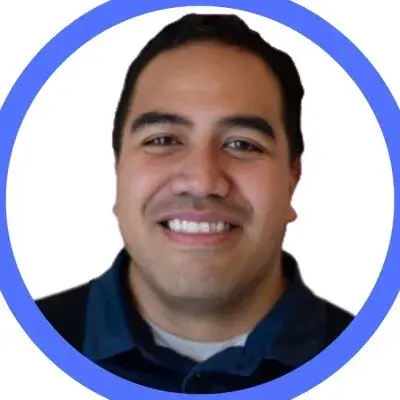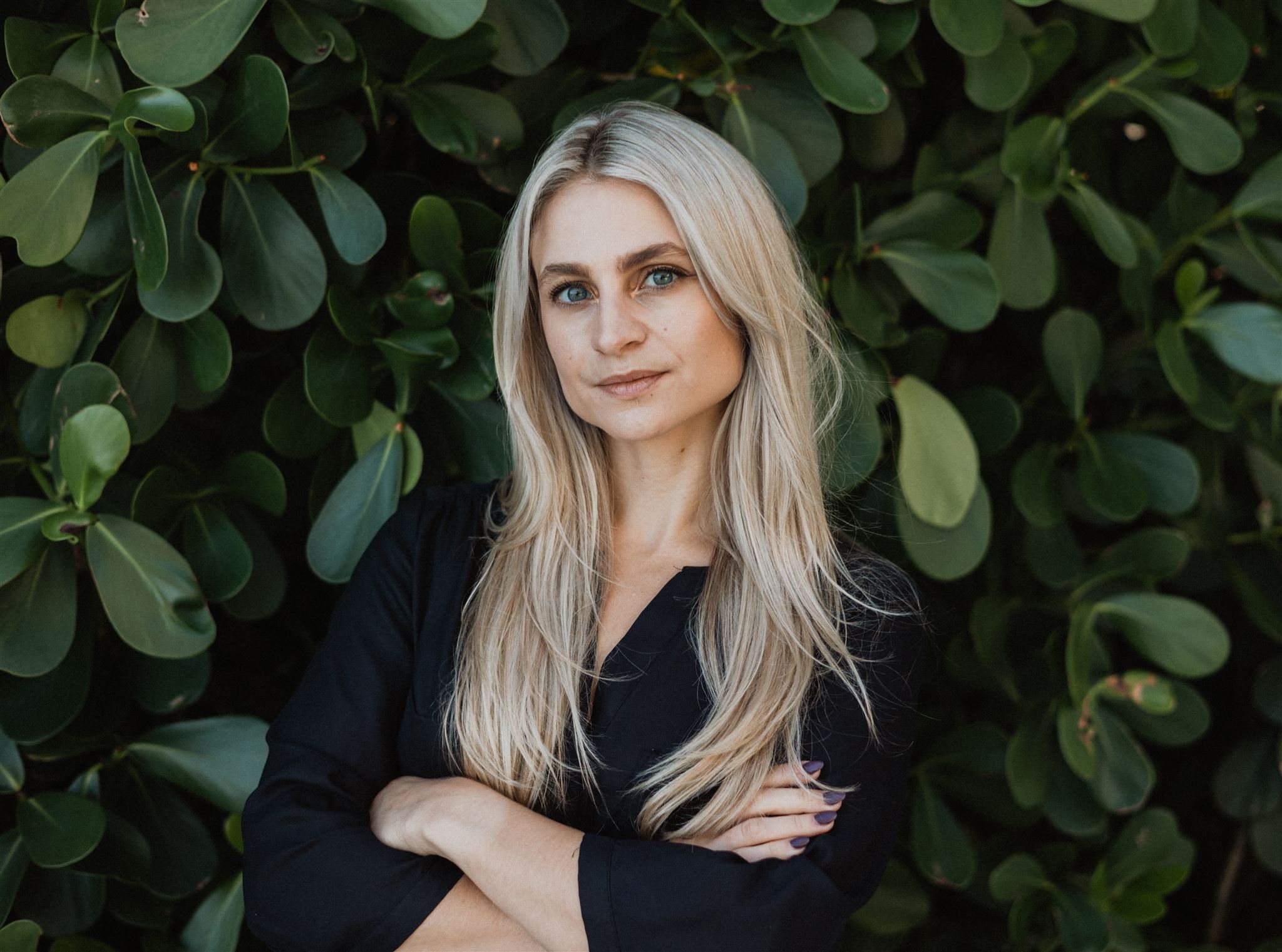Ready to launch your own podcast? Book a strategy call.
Frontlines.io | Where B2B Founders Talk GTM.
Strategic Communications Advisory For Visionary Founders
Conversation
Highlights
Building in the AI Winter: How Early Conviction and Product Focus Led to Market Validation
Five years before ChatGPT captured global attention, Hikari Senju was already building in generative AI. During a recent episode of Category Visionaries, the Omneky founder shared how maintaining unwavering focus through periods of market skepticism ultimately led to product-market validation.
When most investors viewed AI as perpetually “over-promised and under-delivered,” Hikari saw a different future. “I thought that generative AI would be a massively huge thing,” he recalls. “I knew that if this technology is exponentially improved by a couple of magnitudes, the applications are pretty ginormous in a variety of industries.”
Rather than wavering in the face of skepticism, Hikari adopted a two-pronged approach: build a sustainable business while staying laser-focused on the long-term vision. The company achieved profitability within its first year, creating breathing room to pursue their larger mission. “We had structured the company in a way where it was profitable and had good mortgages and good cash flow from very beginning,” Hikari explains. “So there was less of an existential concern there.”
This foundation allowed Omneky to take a methodical approach to product development. Instead of trying to build everything at once, they evolved their technology stack alongside advancing AI capabilities. “Initially when we launched the product, it was just GPT-1 and stock images,” Hikari shares. “Then it began with GPT-2, GPT-3, GPT-4, and then regarding the image generation with stock images, then it was Dolly, and now it’s our fine-tuned kind of stable diffusion based models on our own, hosted our own GPUs.”
The team’s conviction was rooted in a deep understanding of technological evolution. Drawing parallels to his grandfather’s experience at IBM, Hikari notes: “Every time spending time with grandfather was all about Moore’s law. Innovate or die. You have to always be innovating. The world changes every six months, and you’re always in the sprint for building the next product, even with the assumption that the product will go out of date in a year.”
This perspective helped maintain momentum through challenging periods. Rather than being discouraged by market skepticism, Hikari found validation in historical patterns. “By definition you become a successful entrepreneur because you saw an opportunity before anyone else did,” he explains. “And so therefore, by definition, they spent the first couple of years being rejected.”
The focus remained squarely on product development and customer value. “Just consistently communicating to the market that we are the leading generative AI company for advertisers year over year. Not really deviating from that message has helped,” Hikari shares. “Building data integrations with all these different ad networks and platforms take time. Not anybody can get access to these ad networks.”
This patient approach paid off as market sentiment shifted. When ChatGPT launched and validated the potential of generative AI, Omneky had already built deep technical infrastructure and customer relationships. The company’s early positioning began resonating more widely: “The market started to understand the messaging and the value problems we’ve been communicating consistently for the past several couple years.”
For founders building in emerging spaces, Hikari’s experience offers valuable insight into maintaining conviction while building sustainable businesses. Rather than chasing rapid growth at all costs, the focus was on creating genuine value while methodically advancing their technical capabilities.
Looking ahead, Hikari sees an acceleration of individual entrepreneurship enabled by AI. “We’re going to see the explosion of single person entrepreneur. We’re going to see single people, companies become unicorns,” he predicts. “Because what these generative models enable and empower is that kind of leverage for brilliant visionaries.”
The journey from building in the AI winter to market validation reinforces a crucial lesson for founders: sometimes the most valuable opportunities require maintaining conviction through extended periods of market skepticism. The key is building sustainable businesses that can survive long enough to see that validation arrive.
Actionable
Takeaways
Leverage Personal Passion:
Convert personal interests and passions into business opportunities, as Hikari did with his fascination for generative AI, blending technology with creativity.
Emphasize Scalable Solutions:
Build solutions that can easily integrate into existing workflows to ensure they are adoptable at scale, which is critical for technologies like AI in established industries.
Focus on Continuous Innovation:
Stay ahead in technology-driven fields by continuously innovating and updating your offerings as new technologies and methodologies become available.
Utilize Feedback Loops:
Implement robust mechanisms for gathering and incorporating customer feedback to refine and enhance product offerings continually.
Build a Strong Brand Identity:
From the outset, focus on building a strong brand identity that communicates your unique value proposition clearly and consistently, as this helps in long-term market recognition and trust.
